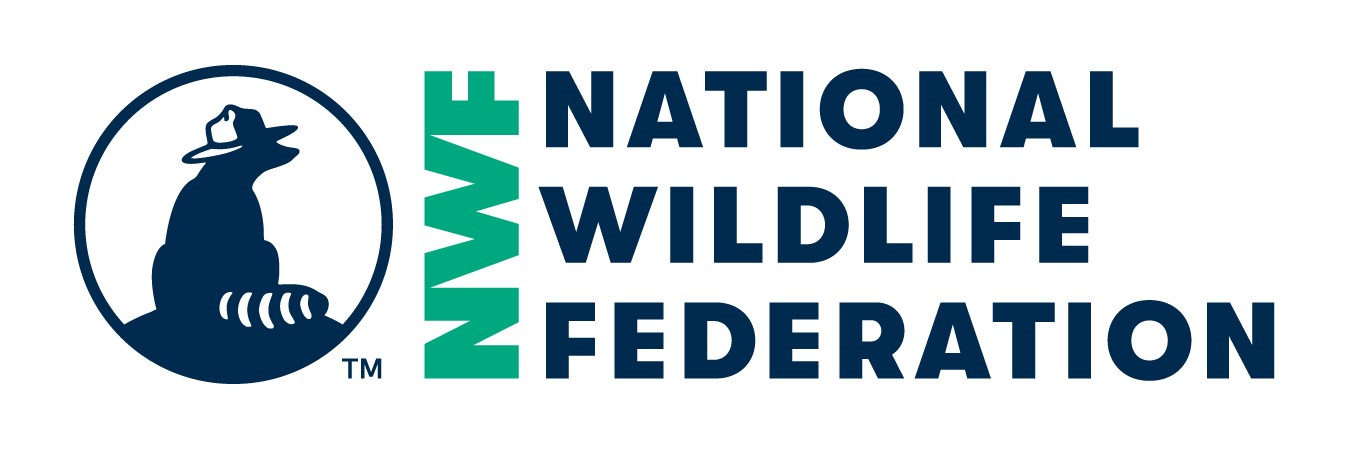Restaurant Composting
https://www.nwfecoleaders.org/forms/item/54/927
If other:
1. Where is the biggest impact of this project?
Community, State
If other:
2. What were the goals for your project?
To develop a restaurant kitchen composting program to divert food waste from landfills, thereby decreasing greenhouse gas emissions.
3. What strategy did you use?
Advocacy, Community Building, Communications/Marketing, Education, Research
If other:
4. Did you accomplish the goals you set for this project? Please explain.
I met the goals for this project by meeting with local leaders and restaurant owners and managers to advocate for kitchen waste composting. We provided compost bins as well as a local resource to assist in compost efforts.
5. Choose your impact measure type.
Percentage of food organically produced
What were the measurable outcomes of your project?
Self-reporting of the amount of waste composted in the community rather than disposed of through trash collection resulted in approximately 70,000 pounds of composted food per month across all participating restaurants. This means that the program is diverting approximately 70,000 pounds of food waste from landfills each month.
6. When did you begin and complete your project?
July 2023, with data collected at the end of July and August 2023. The project ongoing and will hopefully continue in perpetuity.
7. What was challenging about your project and how did you respond?
The challenging part was getting compost bins into kitchens, which required logistics rearranging those areas. After receiving agreement to begin composting, we delivered compost bins directly, which ensured that they were received and actually placed.
8. Which groups were involved in this project? Students, faculty, staff or community groups?
Local students from three schools assisted with the project.
9. Was your project funded? If so, how?
We raised money to acquire the compost bins by seeking contributions from community and family members, and then used our own vehicles and labor to distribute the bins and to collect data. Thus, it was an inexpensive project that did not require much funding.
10. How did you communicate about this project and educate the broader campus and/or community?
We met with restaurant owners or managers, and distributed a one-page information sheet about how the impacts of food waste on greenhouse gases and climate change, the amount of food waste the average restaurant contributes to landfills annually, and by promoting the participation of the restaurants that participated in our program.
11. How have you evaluated your project?
Group reflection, Individual reflection, Scientific assessment, Statistical analysis and review
If other, please describe:
12. What did you do after your reviewed your project?
Communicated your project results through a blog or other media, Celebrated, Other
If other, please describe:
In addition to reviewing our accomplishments, communicating them within the community, and celebrating that our goals had been met, we are also continuing the program we have put in place and we are currently seeking to expand it Miami Beach.
13. What was the biggest or best thing you learned from your project?
I learned that business leaders are willing to make small changes that make a big difference with respect to climate change, and that by being proactive in educating business owners and managers and delivering compost bins, our team was able to make a significant difference over a relatively short period of time. The continuation of the program is critical, and therefore we will be continuing monthly follow-ups with the restaurants to collect data about compost efforts, to track progress, and to communicate the achievements and results online.
14. What advice would you give to others working on a similar project?
My advice is to take the first step and to have confidence in your project. I was surprised to learn how willing businesses were to make changes after we educated them about composting. I also recommend being proactive in delivering compost bins rather than relying on restaurants to implement them.
15. Based on your response above, what are your future plans for this project? And are there resources (people, financial, etc.) available to sustain it?
As mentioned above, the continuation of the program is critical, and therefore we will be continuing monthly follow-ups with the restaurants to collect data about compost efforts, to track progress, and to communicate the achievements and results online. Our future plan is to expand the program to a larger community (Miami Beach). To do so, we will require additional funding to purchase compost materials, and we are launching a fundraiser where families can sponsor a compost bin at a particular restaurant that has agreed to participate.
Category ARCHIVED | PROJECT CERTIFICATION







Project Feedback